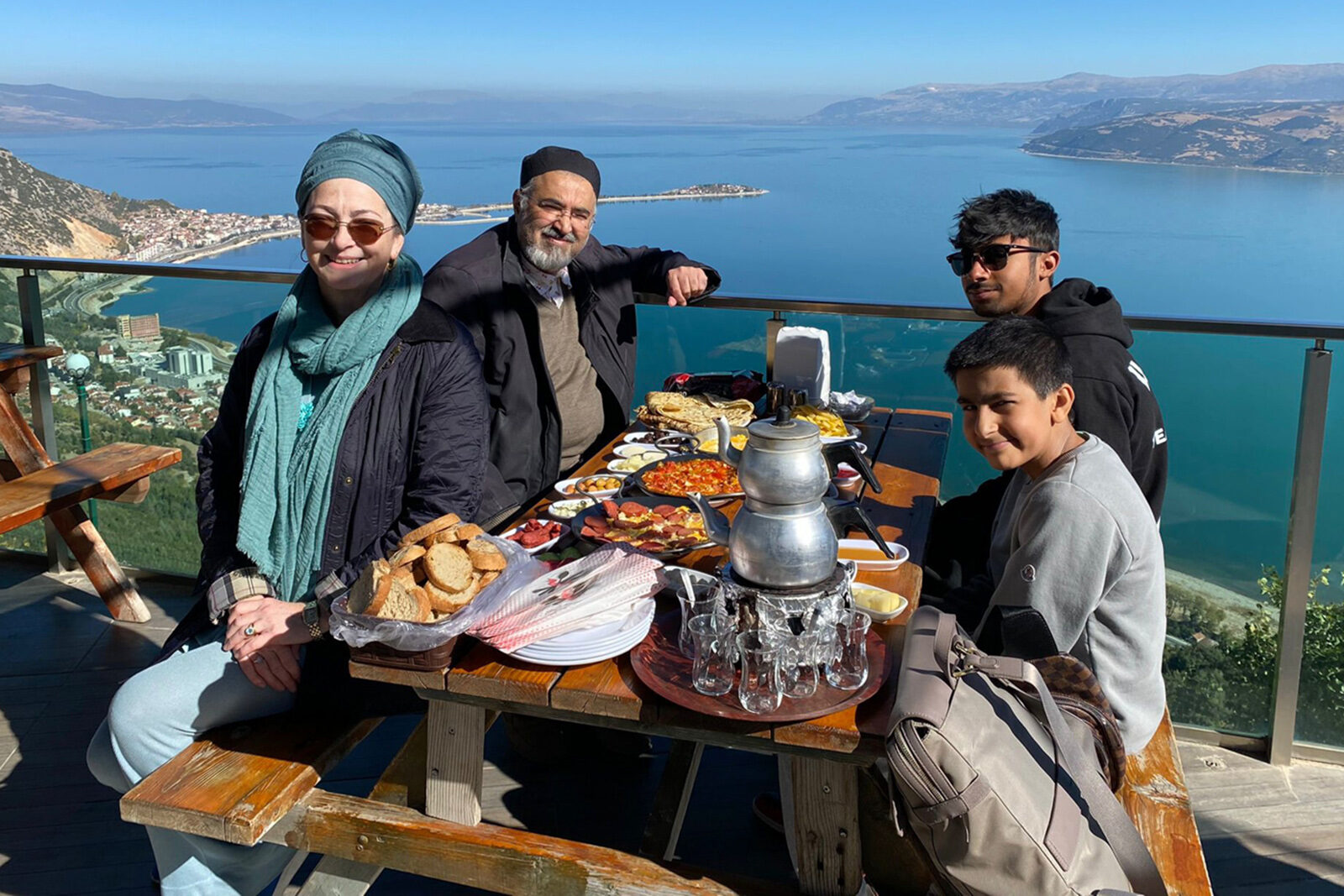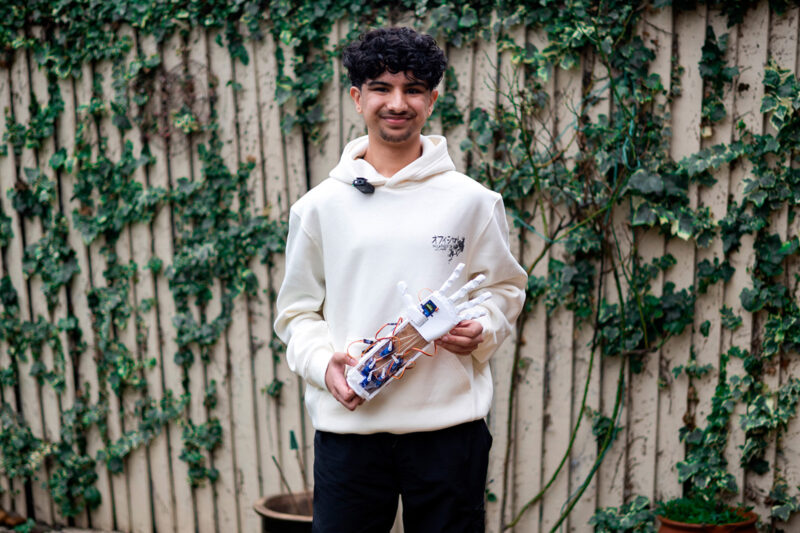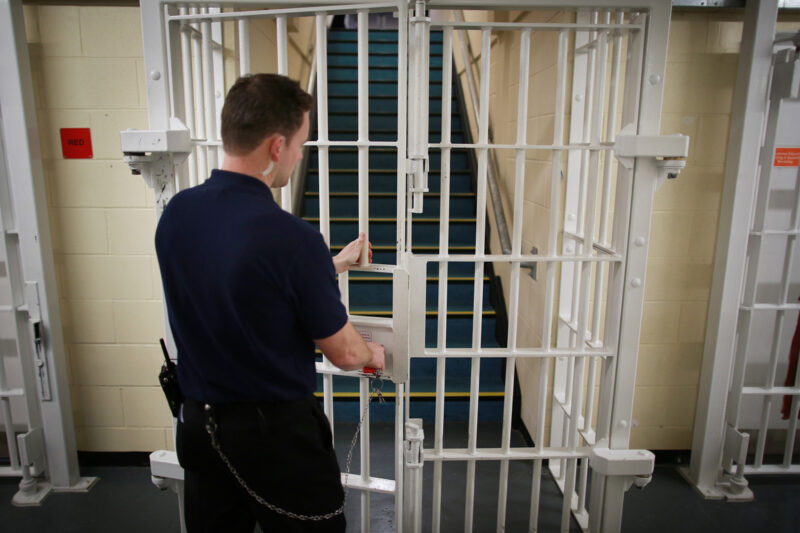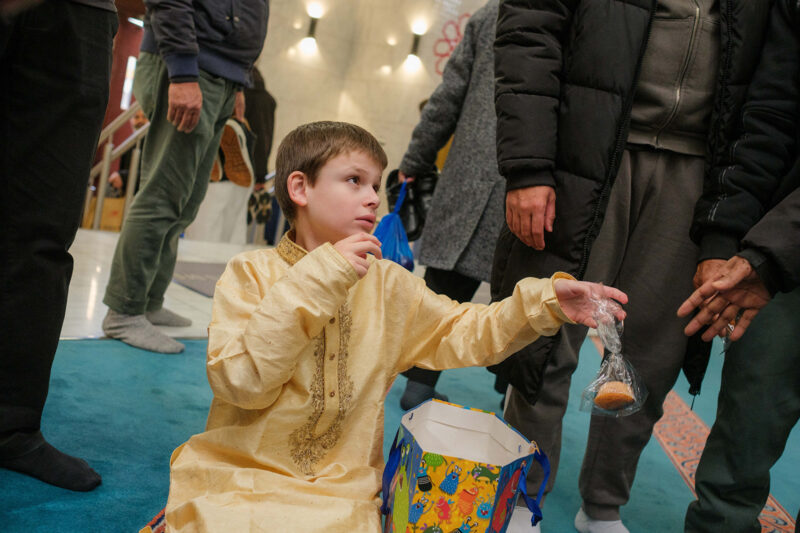Kinship stops thousands of Muslim kids from entering the care system each year
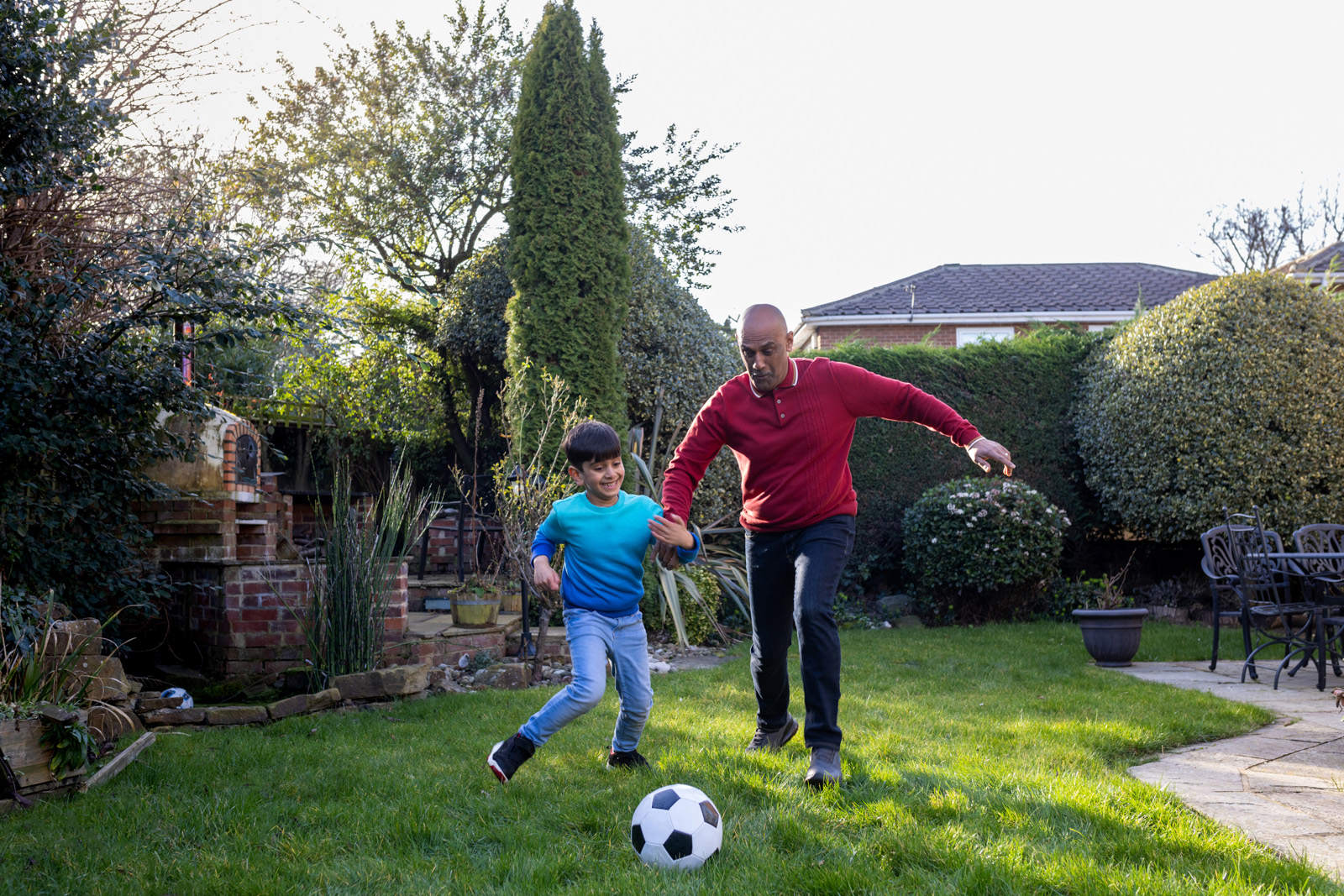
Muslims who step in to take care of children in their wider family save the UK government at least £223m annually, according to the thinktank Equi
Kinship practices among Muslim families could be saving the UK government at least £223m a year and stopping more than 5,500 children from entering the care system, according to a report by the Muslim thinktank Equi.
Despite being more likely to experience poverty and deprivation, Muslims are under-represented among children in care — something Equi researchers say is down to a mix of religious and cultural values that mean community members are more willing to take on care responsibilities for children in their extended family.
Based on a poll of 3,152 people conducted by Savanta, Equi found that Muslims were 66% more likely than the general population to provide informal or financial support to children who might otherwise enter the state-run care system and 63% more likely to consider fostering or adoption.
“We found that seven in 10 British Muslims feel a really strong personal duty to support vulnerable children in both the immediate and extended family, versus about 55% of the general population,” said report author Sofiah Shah. “These values and practices are playing a key role in actually creating safety nets for vulnerable children in the community.”
According to data gathered from the 2021 census, Equi estimates that more than 5,500 British Muslim children live in so-called kinship households, where their parents are not their primary caregivers. That is more than the 4,000 Muslim children who are officially registered in the British care system.
But many kinship carers surveyed by Equi did not know that they could be eligible for government support, while others felt that they were sidelined when trying to access support because they were caring for a child from their own family.
“Often they are not told their legal rights or options and it’s not made clear to them that they could get extra financial support if they registered as foster parents,” Shah said.
Despite the high level of interest in social care and growing demand for adoptive and foster parents, Muslim communities remain an “untapped resource”, she added, as faith is rarely considered while making foster and adoption placements — and sometimes is even seen as a barrier.
“Unlike culture, ethnicity and heritage, faith is often not mentioned at all during the adoption or foster process,” said Shah. “We think faith needs to be recognised when providing identity-appropriate care.”
Some respondents who took part in the Equi study said that they felt that their faith was treated as a hindrance when they tried to become adoptive or foster parents.
“One couple was rejected during the final stage of the approval process because after they lost a child they sought bereavement support from their local mosque rather than a secular psychologist,” Shah said. “This was cited as the reason why they were not considered a good fit for the adoption.”
Some 59% of Muslims (compared to 34% of the general population) said that they would worry about experiencing prejudice if they sought out opportunities to foster or adopt.
In light of its findings, Equi recommended that the government invests in improving “faith literacy” across all levels of social care provision and in helping potential foster parents from minority backgrounds to overcome challenges such as language barriers.
The thinktank also suggested that potential foster parents living in multi-generational households should be provided with assistance to expand their homes in order to make them suitable for fostering children.
“What we’re trying to show is that kinship care is already really important within Muslim communities,” said Shah. “We want the government to think about how that can be better leveraged.”
 Newsletter
Newsletter



